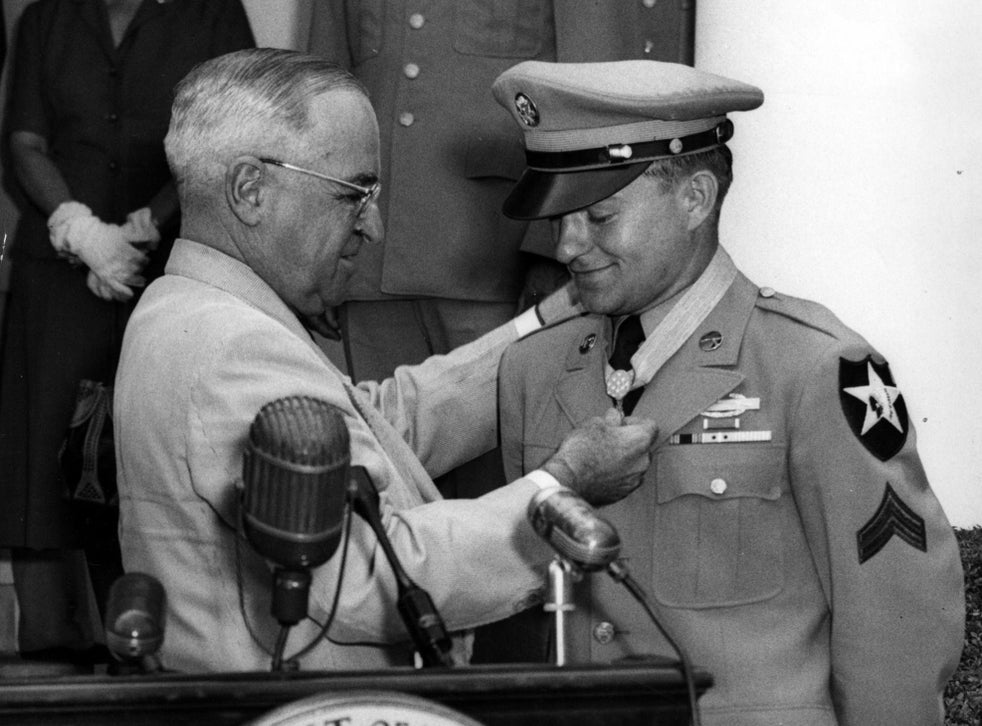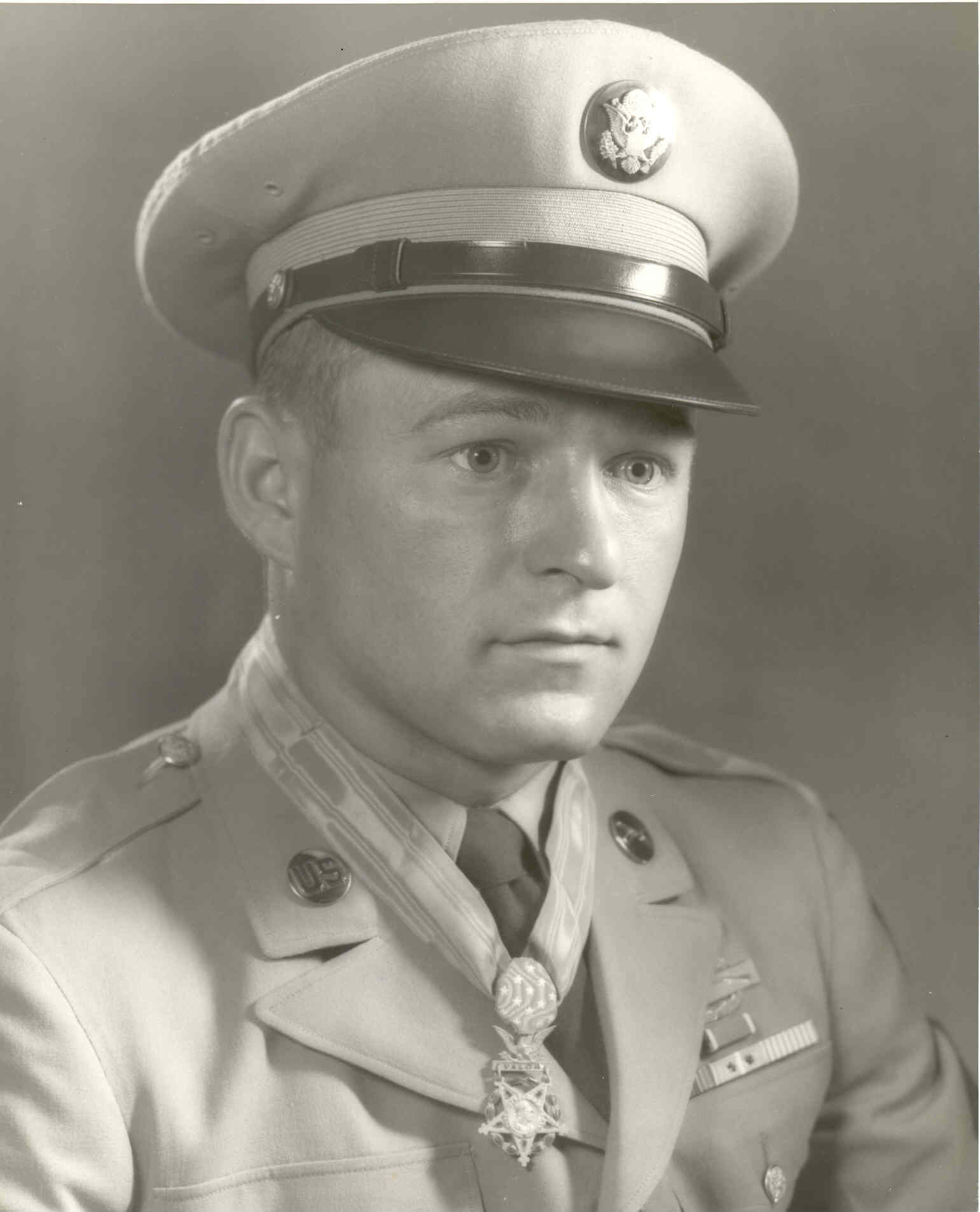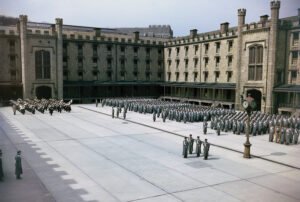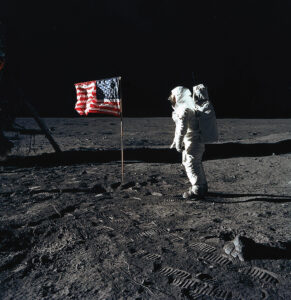Ronald Rosser joined the Army at the outset of the Korean War for one purpose—to avenge his brother’s death. Fighting to even join the front lines, Rosser soon faced what might have been the same fate as his brother’s. Yet through sheer grit—and yes, some luck—he would almost single-handedly fight off an onslaught of charging enemy forces, jumping into trenches to save many of his wounded fellow troops–an act that would earn him the Medal of Honor.
Rosser died last Wednesday at the age of 90 in Bumpus Mills, Tenn.
Born in Columbus, Ohio on Black Thursday, Oct. 24, 1929, Rosser was the oldest son and second of 17 children, originally joined the post-World War II Army out of necessity. After his mother went into labor with twins, Rosser turned to his brother and said, “there goes my place at the table, I’m joining the Army.”
Enlisting in 1946, Rosser trained as a paratrooper and served until 1949 before returning home to work in the coal mines of central Ohio. It was in February of 1951, however, that Rosser decided to re-enlist. This time out of revenge.
That February his younger brother Richard was killed in combat while serving with the 1st Cavalry Division in Korea. His death drove a grieving Rosser to serve once more.
“The Army couldn’t believe that’s what I wanted, but I made up my mind that you can’t kill my brother and get away with it. It was kind of a revenge-type of thing,” Rosser said in an oral history for Arlington National Cemetery and the Congressional Medal of Honor Society.
Initially sent to Japan, Rosser’s superiors were stunned when he fought to be transferred to the front lines in Korea. Vehemently volunteering for combat, Rosser eventually served with Company L, 38th Infantry Regiment, 2nd Infantry Division.
His unit saw action in what was later called “Battle of Bloody Ridge” and then shortly after in the “Battle of Heartbreak Ridge” before being tasked with taking a hill occupied by Chinese forces near the town of Ponggilli on January 12, 1952.
In sub 20-degree temperatures, Rosser’s unit—170 men strong—faced a heavily fortified hill occupied by roughly three battalions of Chinese troops. As the unit began to scale the hill, they quickly faced a withering barrage of automatic-weapons, small-arms, artillery, and mortar fire.
Of the 170 men who began the attack, 90 were killed, 68 were wounded, and 12 were recorded missing, according to Rosser.
“They just cut us to pieces,” Rosser later recalled. As the attack stalled and fearing that the Chinese troops would come pouring down the hill to kill the wounded, Rosser thought to himself, “well, I went through a lot of trouble to get here—no use wasting the whole day. I let out a war whoop and jumped in the trench. I just charged straight into them.”
Racing at Red Army soldiers through crusty snow and armed with an M2 carbine and a single grenade, Rosser realized that all around him his fellow comrades were being cut down by enemy fire.
“I didn’t go up the hill alone,” he later told the Palm Beach Post, “it’s just that I was the only one to come back down.”
Despite being wounded himself, Rosser single-handedly made three subsequent attacks into enemy trenches. According to his Medal of Honor citation, Rosser “killed at least 13 of the enemy”––although he estimates that number to be closer to 48.
The citation further notes that Rosser “made several trips across open terrain still under enemy fire to help remove other men injured more seriously than himself. This outstanding soldier’s courageous and selfless devotion to duty is worthy of emulation by all men.”
All I was trying to do was protect the men I was responsible for,” Rosser said in his oral history. “I was trying to keep them off our wounded. The purpose of me doing all that crazy stuff was trying to stop them from doing that.”
Five months later, in a ceremony at the White House Rose Garden, President Harry S. Truman presented Rosser with the Medal of Honor, the nation’s highest award for valor, for his actions near Ponggilli.

Rosser remained in the Army until 1968, and even requested to be sent to Vietnam after another brother, Marine Pfc. Gary Edward Rosser, was killed in action in 1966. This time, the Army refused Rosser’s request. “If something happened to you, even by accident, it would be hard to explain,” his commanding officer told him.
Leaving the Army as a Sergeant 1st Class—later promoted to Master Sergeant—Rosser moved to West Palm Beach, Florida and earned a degree at Florida Atlantic University. He later worked as a security guard, small-town police chief, letter carrier, construction foreman and history teacher, the Washington Post reports.
Rosser is survived by his daughter, Pamela Rosser Lovell; four sisters and two brothers; two granddaughters; and two great-grandchildren.
For Rosser, and many within the close-knit group of Medal of Honor recipients, the award represented the men who didn’t come home.
“You’re afraid to put yourself in certain situations because you don’t want to disgrace the society,” he once told the Chicago Tribune.
“We hope we’re the last ones to ever join this group,” he concluded. “There’s no glory in war.”





